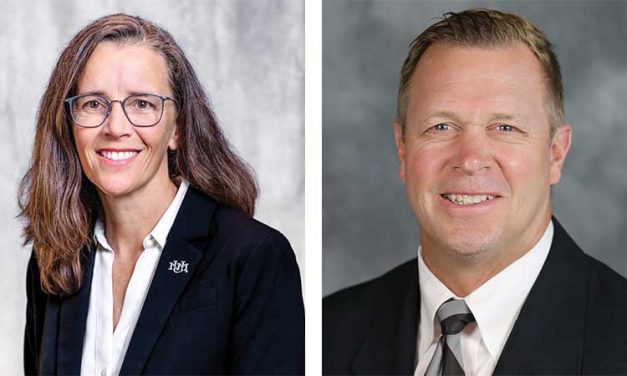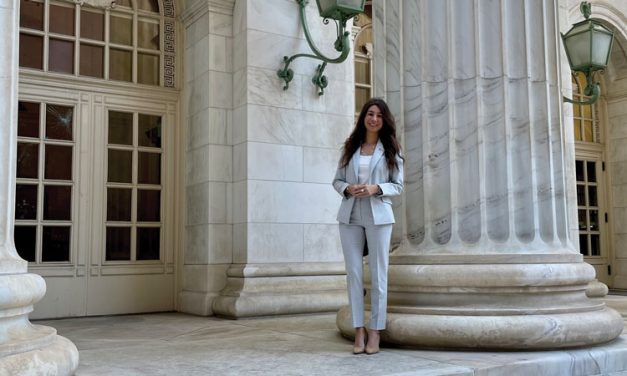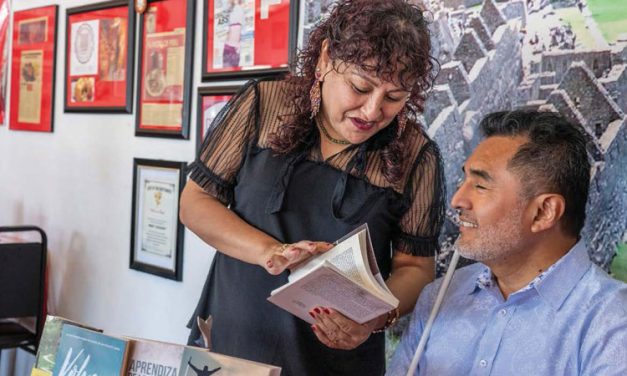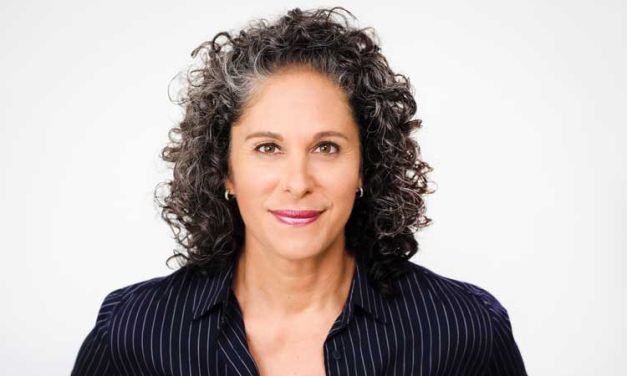
‘A New Pair of Eyeglasses’
“One of the organizing principles of intersectionality is that we can’t understand complex inequality if we focus on only one dimension of inequality,” López said. “It’s about having a new vision. When we examine inequalities in terms of race alone or ethnicity alone or gender alone, or whether you’re the first in your family to earn a four-year college degree alone, we may miss opportunities to remove barriers that may not even be visible. To our knowledge, not a single institution of higher education in the U.S. employs intersectionality for analyzing and reporting baseline equity metrics, such as admissions, enrollment, retention, degree attainment or postsecondary outcomes.”
López and colleagues will create a hub for conversations about the relevance of intersectionality for system-level change for student success. Faculty fellows, presenters, Hispanic-Serving Institution researchers and academic leaders will be involved and the hub will hold monthly virtual drop-in hours for anyone interested in learning about intersectionality policy and practice.
“How could we use intersectionality as a new pair of eyeglasses to understand complex configurations of inequality? With this grant we have an opportunity to lead the nation in having a better understanding of what we are serving and how we are advancing equitable success. One thing is clear: removing barriers to student success requires illuminating intersectional inequities as a first step for advancing transformational equity,” López said.
“The idea is that without intersectional inquiry and praxis we don’t know who we are serving and impacting. It is our hope that through sharing that insight, we can achieve a more robust understanding of barriers and possibilities for strategic action for advancing student success.”
The goal is to eventually have a concrete plan on how to advance equity in STEM education for all underserved student populations, and build successes once they move forward in it.
Campus Connections
LatestNew Faces
New FacesJan 7, 2025 | Campus Connections, Spring 2024 The College of Arts & Sciences, UNM’s...
Spring 2024 Mirage Magazine Features
“We Care About Them”
Alumni Association President Jaymie Roybal wants to connect with students before they become alums
Read MoreDiversity Matters
Alumna’s children’s books help Native kids see themselves in literature
Read More“Just Part of My Life”
Carlos Servan (’93 BA, ’95 MPA, ’97 JD) has thrived since losing his sight at age 22 “Just...
Read MoreMaking History
Richelle Montoya (’11 BUS) is the first woman vice president of the Navajo Nation
Read MoreDelighting and Connecting
Meet the UNM alum behind the fantasy universe of World of Warcraft
Read MoreFunny Girl
Comic and alumna Dana Goldberg cracks people up while raising money for charity.
Read More














